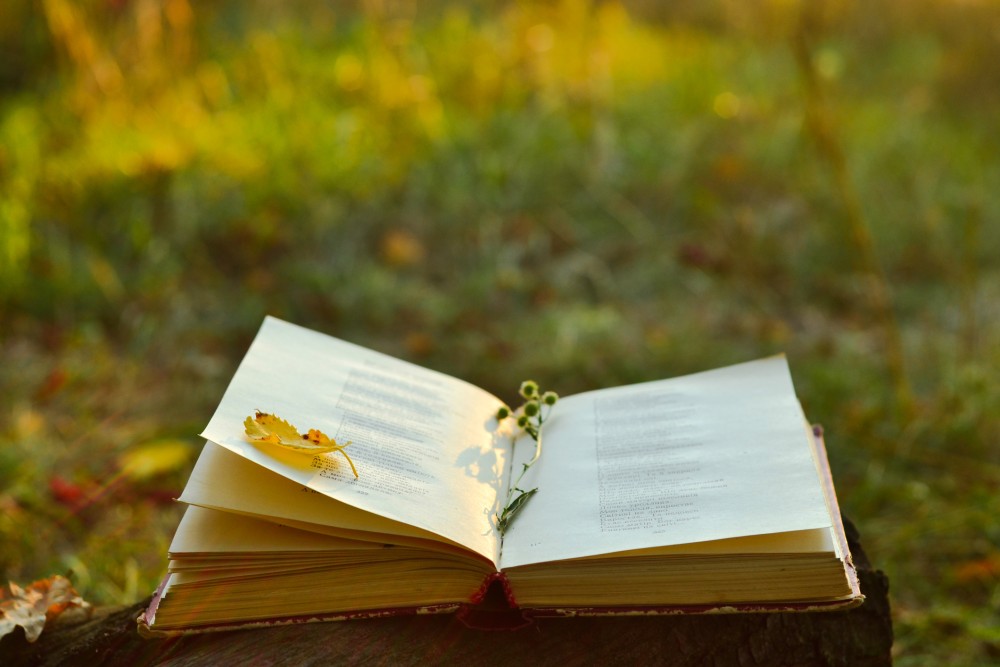Poetry for the sake of creation
In the face of unprecedented assaults on planet Earth, what good is poetry?

It is the strangest of times. Alarming effects of climate change are being felt all over the world, while many, including those in power, consider climate science conspiratorial fiction. Even the believers, the data analysts warn, fail to appreciate the scale of the catastrophes that await us.
And then there’s poetry. Which I suggest is a great gift for such a time as this.
How can this be? It’s not intuitive that poetry, so mystifying to many, has any material value for the work necessary to confront the unprecedented assaults on planet Earth by its human inhabitants. And not ecological devastation only: What good is poetry in the face of poverty, racism, war, and every other social ill?




